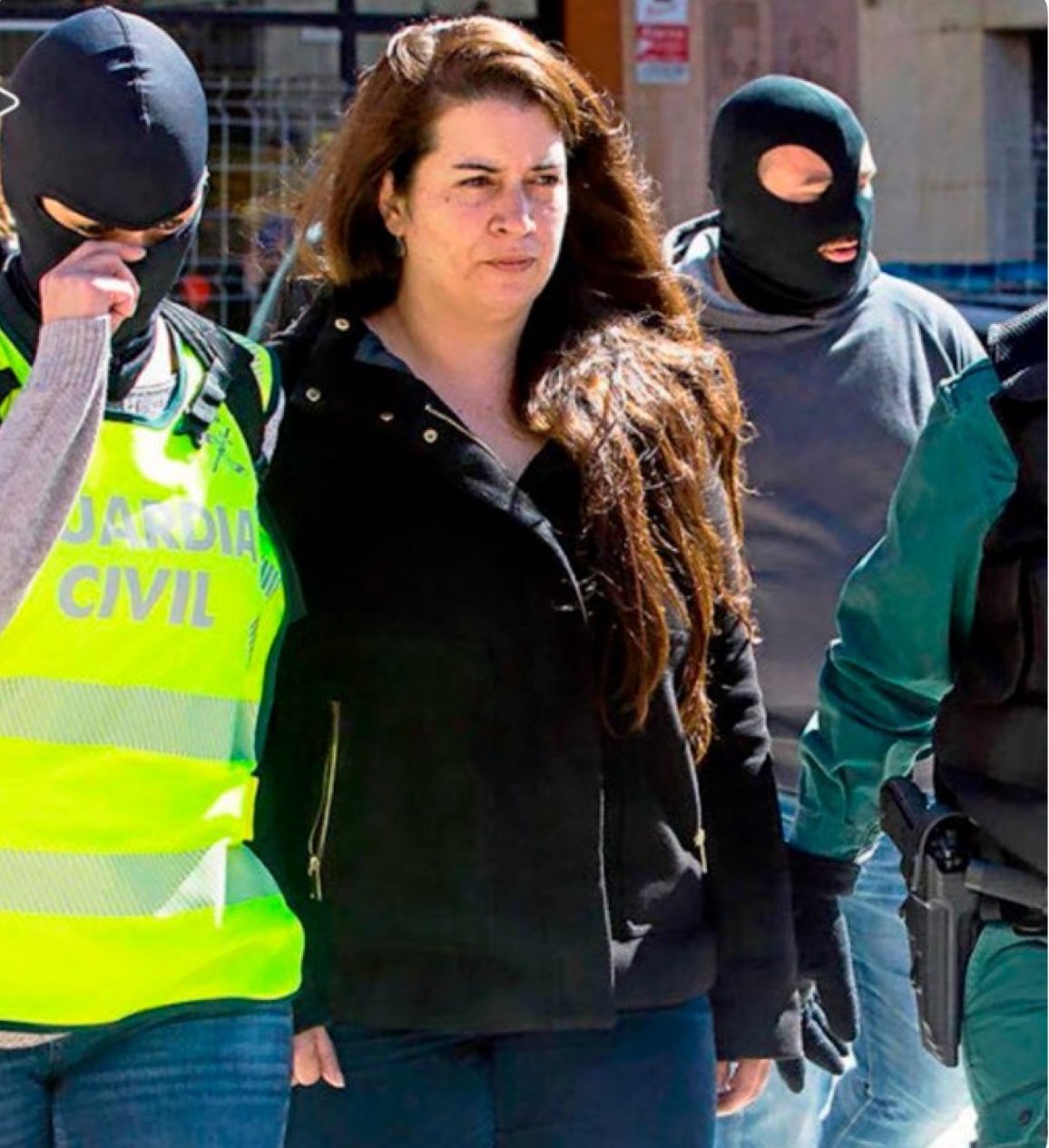The accusation made against Catalan woman Tamara Carrasco for public disorder is based on a voice message she recorded. That message is the key piece of evidence that Spain's Civil Guard have for the original accusations made against her - which included terrorism. Carrasco's arrest received wide publicity in early April, when Spanish media and authorities were making frequent statements about supposed “violence” in the Catalan independence movement, with the finger being pointed at the CDRs - Committees for the Defence of the Republic.
But most of the actions described by CDR member Carrasco were not carried out at the time and have not taken place since. Her message is a list of ideas without any details, and none of them were given in the form of an order, as the Civil Guard claims in its accusation, which defined the woman as a CDR leader.
Spain's National Audience court authorized her arrest, but after 48 hours in custody she was granted bail on April 12th, being prohibiting from making any non-work trips away from her town of Viladecans near Barcelona. The charge of terrorism, demanded by the state prosecutors, was reduced to public disorder by the judge, but the case was retained at National Audience level. And although the defendant was released on bail, the public prosecutors have appealed the judicial decision and are asking for her to be jailed on remand.
Apart from the physical material that the police confiscated from Carrasco's home - nothing more than a Google Maps printout, CDR posters and some t-shirts - the main piece of evidence on which the investigation is founded is a voice message lasting 5 minutes.
General strike
The recording in question is an informative message on whether or not a general strike was to be called, on the planned protests to block Catalan roads and on protest actions that might have been carried out later on, which the police claim are clear indications of actions which all CDR were to carry out.
There was nothing in the tone of Tamara Carrasco's voice which suggested her leadership in the situation or that she was giving any kind of orders. In fact, she questioned some of the actions envisaged which she had doubts about. Many of the actions mentioned did not in the end take place.
There was no sabotage carried out on the main rail lines, by removing optical fibre to prevent the operation of goods train services, nor were actions taken to stop activity at Barcelona's port or the city wholesale market, Mercabarna.
"I'm not fully convinced about it"
Tamara Carrasco outlined some of the actions that were being discussed as possibilities subsequent to the calling of a general strike - although this strike never took place either. She herself described her doubts about the actions. "I'm not fully convinced about it", she said in the message, just before setting out the different possibilities and who they would affect.
"They want to sabotage the goods rail lines and take some action with the optical fibre", she explained in the voice message, also noting other ideas: "They were suggesting us going to the airport but that's a shitty idea, the Civil Guard could shoot at us". Neither of these actions were carried out.
"We are thinking of Mercabarna and the Port. If we can bring the port to a standstill, it would be incredible, because we would leave the Balearic islands without food supplies, the Chinese would get upset, there is also a lot of freight like that of Seat car works and all the goods entering the [Iberian] peninsula and Europe. With Mercabarna we could upset everybody". This didn't happen either.
Confidential court proceedings
Carrasco herself admitted in the message that for this action to be viable it would have to be proposed at a higher level of the organization, in order to get more people involved, and that for the time being, it was only a proposal.
The accusation against Tamara Carrasco is based on this voice message. The proceedings against her include a part which remains confidential, and it therefore is not known if the police have more evidence against her, such as participation in actual actions that took place, like the blocking of roads. Even allowing for this, this would not explain the decision to arrest her and only her on this matter.
Regarding a second person initially accused, nothing more has been said since. Some sources suggest that this person could have been a police informer.
Finally, it has not yet been proven that the voice on the recording is that of Tamara Carrasco. And it is remains to be seen whether any of the parties plan on requesting expert testing to confirm or discard this.

